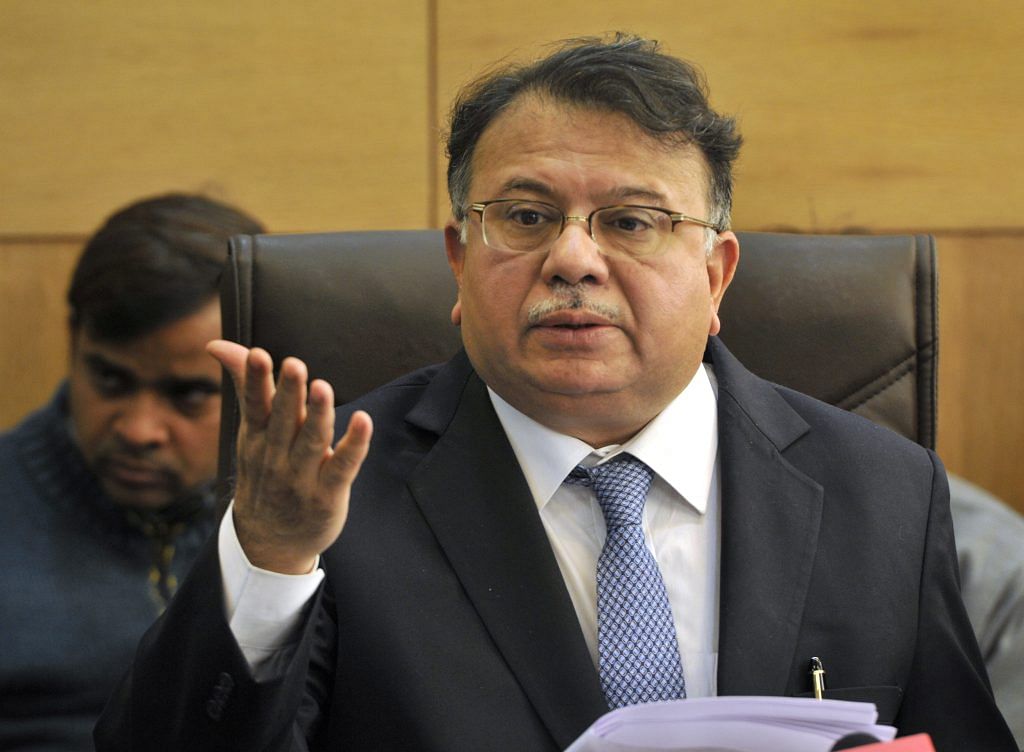A.P. Shah expresses displeasure over how SC handled a plea by advocates Prashant Bhushan and Kamini Jaiswal in alleged judge bribery case.
New Delhi: Criticising the judiciary’s use of contempt of court against critics, former chief justice of Delhi High Court A.P. Shah said that the “tool to silence naysayers requires a conversation”.
He expressed displeasure over how the Supreme Court handled a plea by advocates Prashant Bhushan and Kamini Jaiswal seeking an independent probe into allegations that judges were paid off in a case involving medical college admissions.
Shah spoke on the crisis in judiciary, terming the role of chief justice as “first among equals” as he delivered this year’s B.G. Verghese Memorial Lecture Friday.
“There is no need for me to be cryptic about why I choose to speak on this subject,” he said while expressing concern that the situation had come to a point where judges had to address a press conference.
On 12 January, four senior judges had said that unless the judiciary as an institution is preserved, “democracy will not survive” in this country.
Responding to criticism against the decision of senior judges to go public with their criticism, Shah said, “They did not breach any code of conduct in addressing the media. Instead, they upheld constitutional values.”
“Did they enter into public debate? On the contrary, they made only a public disclosure. They did not express views on political matters, or on matters pending for judicial determination,” Shah added.
He also said that if the judges chose to take their issues to the other judges within the court or to the President, it would have created a greater rift.
“They could have, as a last resort, gone to the President of India, but I am relieved that they did not, for at any and all costs, the independence of the institution must always be maintained, and the executive and legislature should be kept out of judicial affairs,” Shah said.
Chief Justice of India Dipak Misra’s decision to keep senior judges out of constitution bench cases also drew Shah’s criticism. “Having a mix of senior and junior judges is the only way to get plurality of views,” Shah said.
He stressed that his views must not be construed as mere criticism. “If anything must happen as a consequence of this unfortunate incident, it is reform,” he said.
